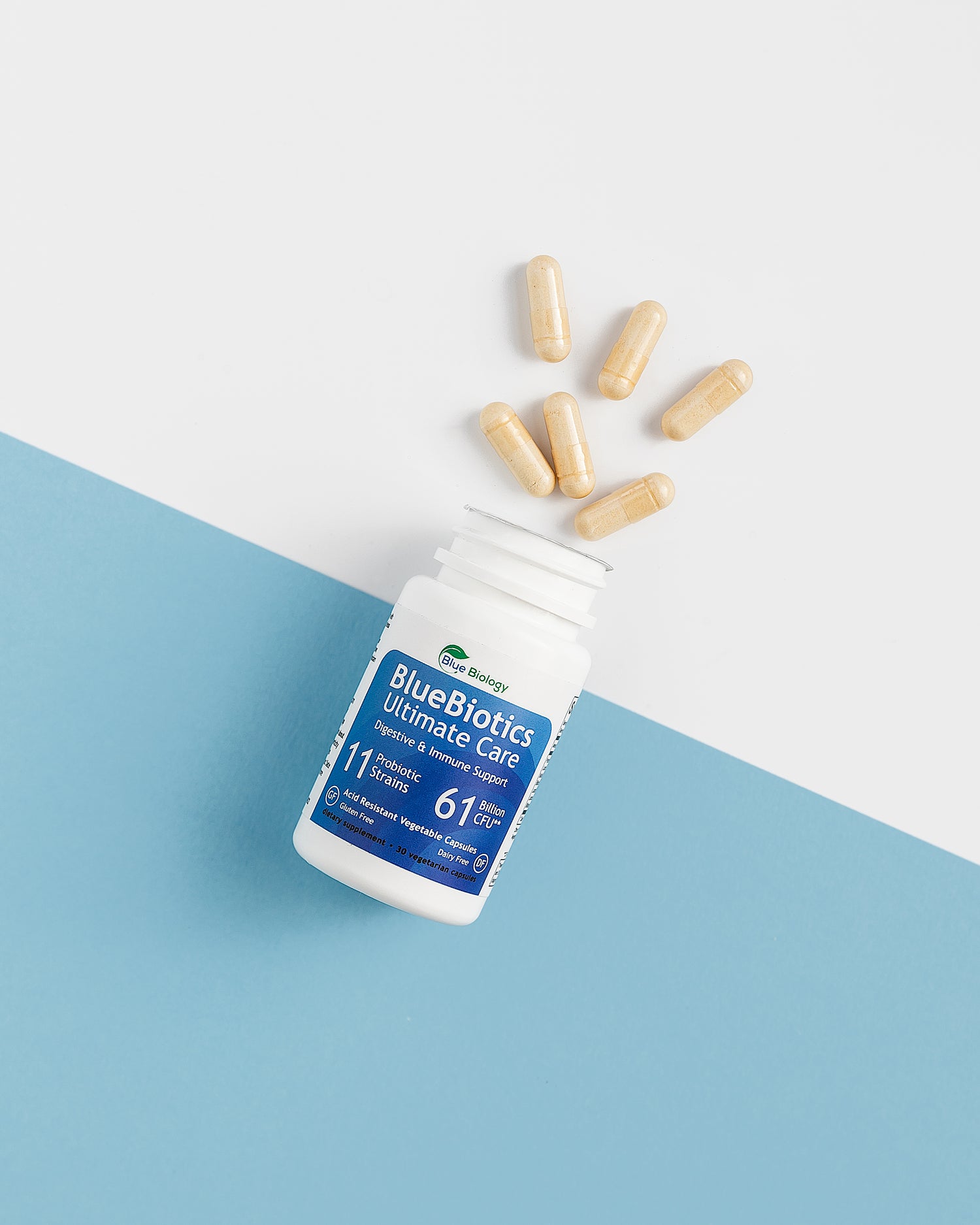
It’s no secret that certain bacteria can be beneficial to our bodies, and “good” bacteria are even necessary for a healthy, well-functioning digestive system. But did you know that your body also thrives when it hosts colonies of probiotic yeasts?
Our gastrointestinal tracts host many beneficial bacteria and other microbes. Some are more helpful than others, and some are only okay in very small amounts. When it comes to gut flora, balance is the key.
When it comes to bacteria, yeasts, and other microbes, they key is to simply have more of the *good ones* than the *bad ones*. Let’s talk about the *bad ones* first: starting with one of the worst, Candida.
Candida is widely known as a yeast that can overgrow in the gut and cause discomfort and bloating, or cause yeast infections in women. Because of its slippery cell walls, Candida can be difficult to eradicate, and this has led to a wide use of probiotic bacteria.
Many probiotic bacteria are excellent at fighting an overgrowth of this yeast, as they produce enzymes that can pierce the tough and slippery candida cell wall. We’re all familiar with yeasts like this. It’s time for us to get to know the good guys of the yeast family. Many different yeasts are actually healthy, and even possibly necessary, for optimizing our digestive tract function.
One of the oldest and best-known yeasts is the Baker’s or Brewer’s yeast: Saccharomyces cerevisiae. It’s been used in foods and supplements for its many health benefits, including its high content of vitamin B, proteins, peptides, amino acids, and trace minerals. So don’t worry about your yeast content in bread -- it’s completely different from the candida that can overgrow your gut, and can even be healthy for you!
The next yeast on our list is Saccharomyces boulardii, which I’m sure you’ve heard about from us in the past. In addition to the nutritional benefits, Saccharomyces boulardii is important for a lot of other reasons as well. Like many other yeasts, it’s large enough that it can act as a steric hindrance, which is a very useful scientific tool and can help your body, too. The exciting new study we stumbled across showed the scientific community the true power of probiotic yeast. When studied both in mice and in vitro, combinations of probiotic yeasts were shown to reduce inflammation related to colitis. The scientists are now ready to try it out in human studies. This is very exciting news for us in the probiotic world! Because of strict regulations and market-centered mindsets, scientific studies have not yet caught up to the probiotic world entirely.
Even though it represents such a small portion of our microflora, these yeasts are incredibly important, as they can also improve the bioavailability of minerals. So next time you reach for that bottle of probiotic supplements, be sure to check the label thoroughly and choose one that includes a probiotic yeast.

Sources
https://www.ncbi.nlm.nih.gov/pmc/articles/PMC3296087/
https://www.sciencedirect.com/topics/agricultural-and-biological-sciences/saccharomyces-cerevisiae
